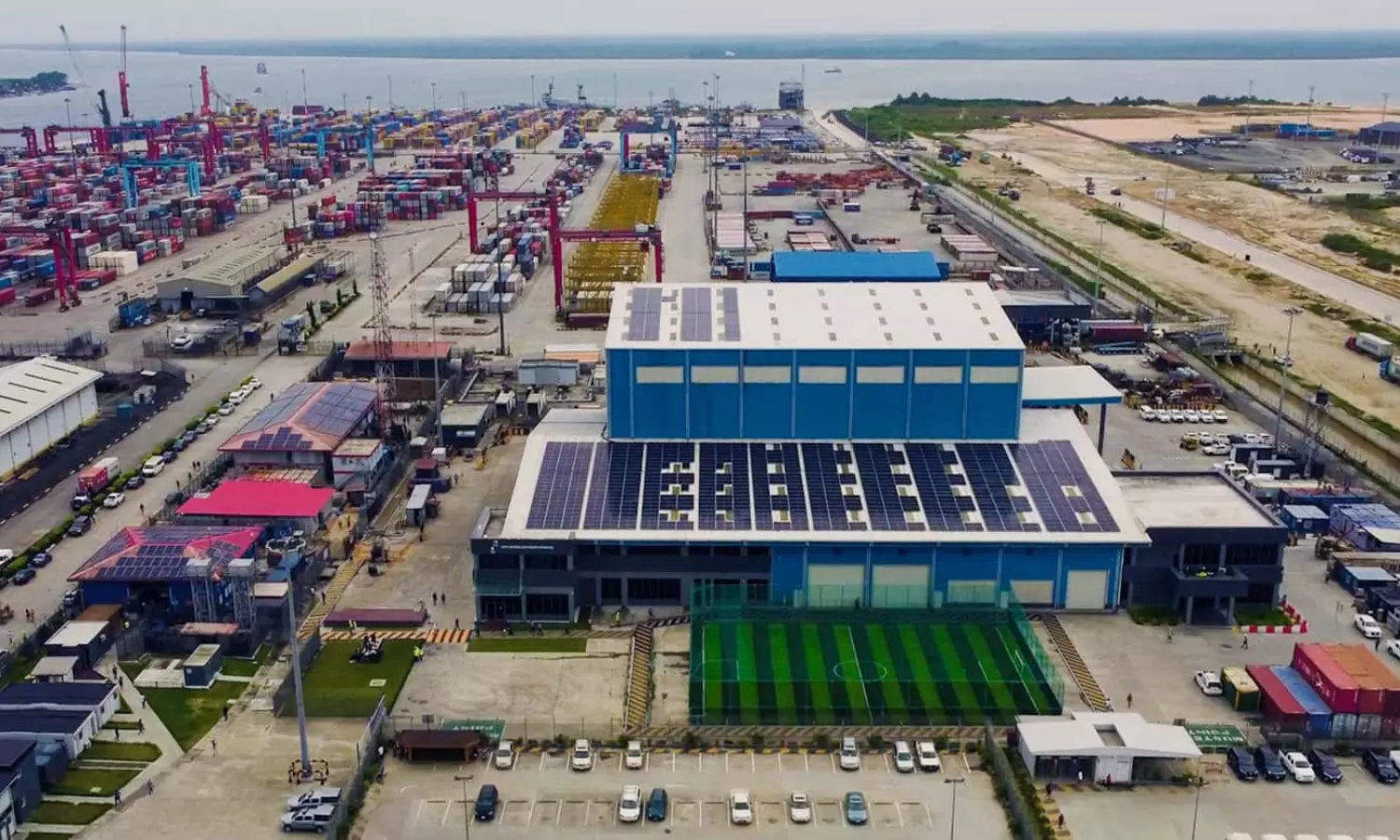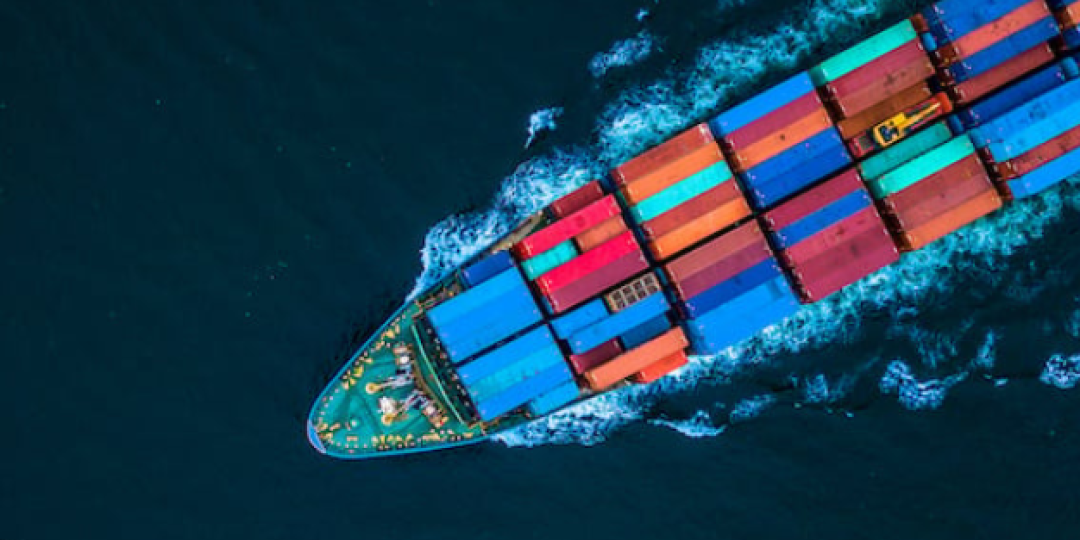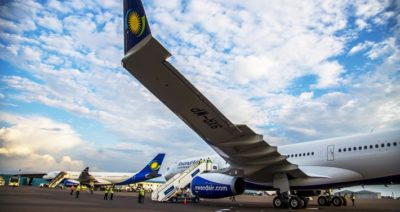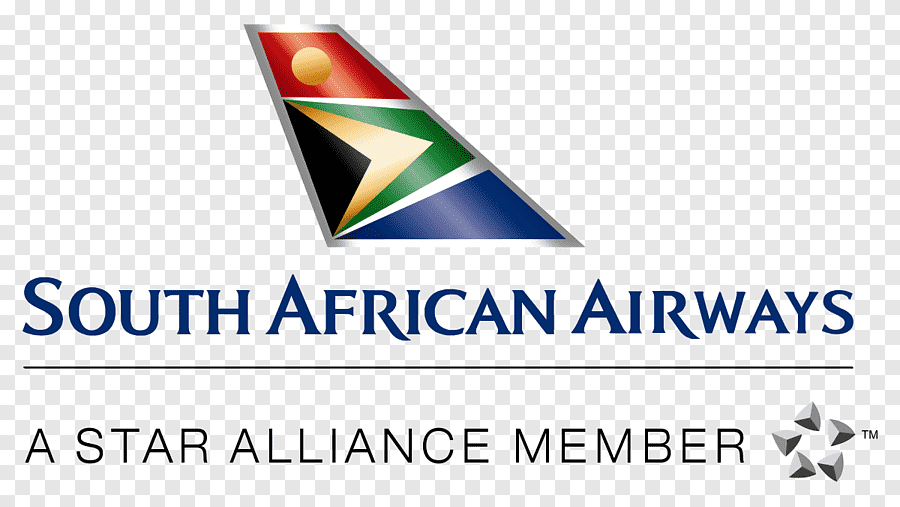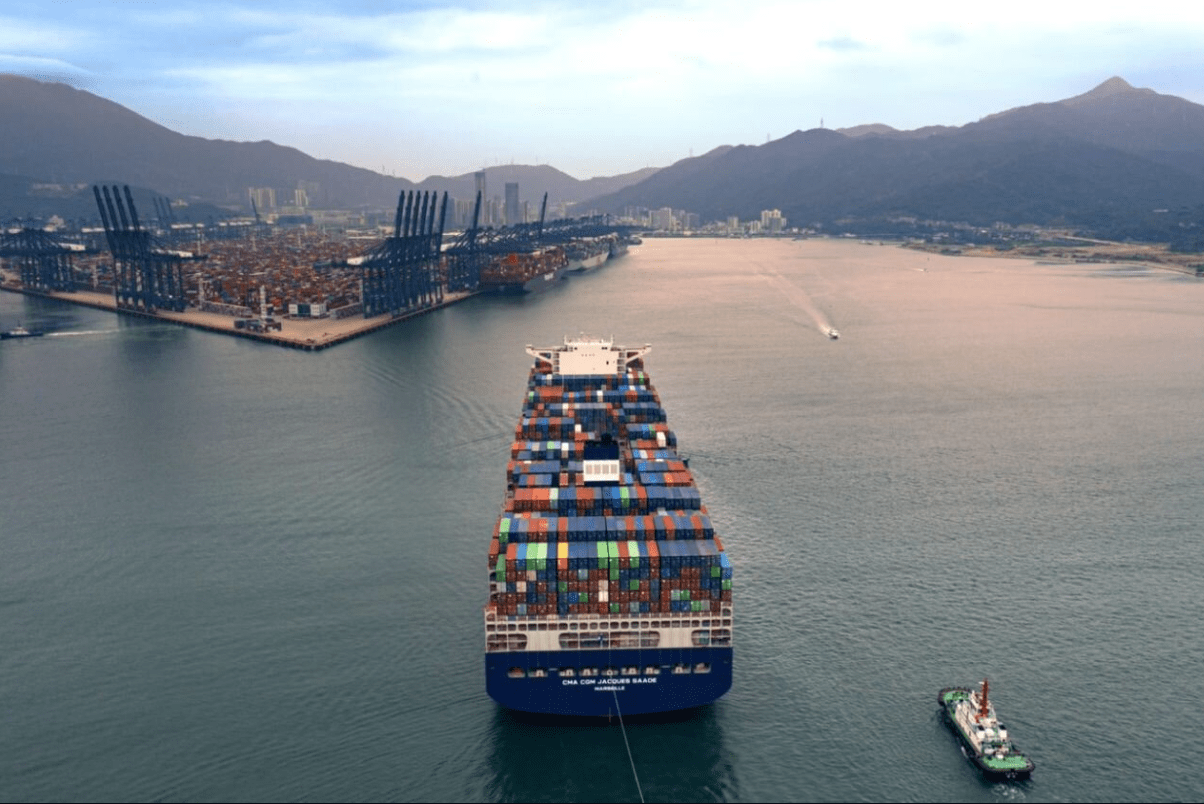Logistic

African Nations Chart a New Course to Reclaim Their Shipping Lanes
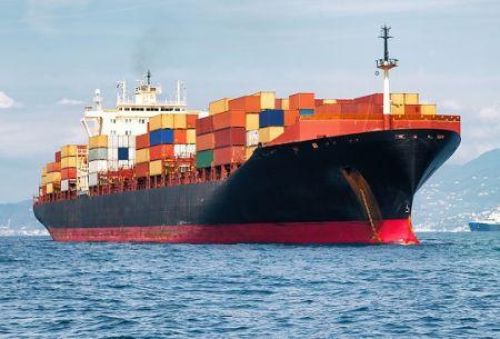
The growing dominance of global shipping lines has reignited the debate over maritime sovereignty in Africa, where nations are seeking to decongest roads, boost intra-continental trade, and reduce foreign exchange outflows. African economies' dependence on these multinational corporations has grown largely due to the progressive disappearance of their own national fleets.
This decline is largely attributed to structural weaknesses in state management, a lack of investment, limited port infrastructure, and, critically, market liberalization in the 1980s and 1990s through structural adjustment plans that favored the privatization of public companies.
The High Cost of Dependence
The bulk of African maritime transport today is dominated by large European and Asian groups like MSC, Maersk, CMA CGM, Cosco, and Hapag-Lloyd. These giants have significantly strengthened their position in recent years through strategic alliances, consortia, and mergers and acquisitions. According to the United Nations Conference on Trade and Development (UNCTAD), the top 20 container carriers' share of global capacity surged from 48% in 1996 to 91% in 2022, with the top four now controlling more than half of that capacity. UNCTAD’s "Review of Maritime Transport 2024" notes that container ship calls at African ports increased by 20% between the first half of 2018 and the first half of 2023. Prospects remain favorable for these carriers, as the containerized cargo segment is expected to grow by an average of 2.1% per year from 2023 to 2027.
While the exact value of Africa’s annual bills for maritime transport is not known, UNCTAD estimates it at tens of billions of dollars. "Review of Maritime Transport 2024" report notes that shipping costs for African countries averaged 13.7% of the Free On Board (FOB) value of imports between 2016 and 2021. According to another report published a year earlier, the value of African imports exceeded $666 billion in 2023. In Nigeria, the Ministry of Transport estimated the annual value of maritime freight fluctuated between $5 billion and $6 billion from 2018 to 2019. Analysts say these amounts reflect the high burden of freight costs, which inflate import bills and have a domino effect on African countries' trade balances.
Despite these challenges, a number of African countries are making strides to preserve maritime sovereignty through resilient, often state-owned, companies. In East Africa, Ethiopia has relied for decades on Ethiopian Shipping Lines (ESL), whose fleet of a dozen multipurpose and specialized vessels helps mitigate the effects of its landlocked status. In North Africa, Egypt is a pioneer with its National Navigation Company (NNC), which operates a fleet of 14 vessels, including bulk carriers, container ships, tankers, and ferries. It is followed by Algeria and Tunisia, which rely on CNAN (Compagnie Nationale Algérienne de Navigation) and CTN (Compagnie Tunisienne de Navigation), respectively. In sub-Saharan Africa, Tanzania Shipping Company Limited (TASHICO) and Angola’s Serviços da Secil Marítima handle both freight and passenger transport, primarily on river and sea routes.
Morocco and Nigeria should also be mentioned. While they do not have operational public companies with fleets, these countries have notable fleets operated by private actors. According to UNCTAD's "Review of Maritime Transport 2023," Nigeria is Africa's largest ship owner with 291 units representing a total tonnage of 7.94 million DWT (Deadweight Tonnage). New initiatives are reinforcing this trend. Morocco is conducting a feasibility study to build a fleet of 100 vessels by 2040. Nigeria has established the Cabotage Vessel Financing Fund to support its national fleet. Guinea recently launched GUITRAM (Guinéenne des Transports Maritimes), a state-owned company created to capture a share of the country’s bauxite export market.
A New Course: Targeting Regional Niches
The success of these policies hinges on several key factors, including the fleets' operational capacity, the ability to secure financing for fleet renewal, and effective sector governance. The competitiveness of African companies is another major challenge. They face multinational corporations with not only vast fleets but also anti-competitive practices that allow them to expand market share and reduce operating costs through economies of scale. In a context of promoting cross-border trade, several analysts believe that African carriers would do well to target regional niches. Developing intra-African cabotage, regional links, and specialized markets like roll-on/roll-off and refrigerated transport appears to be a more realistic path than direct confrontation with global giants.






